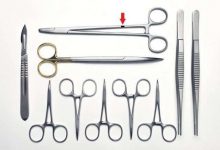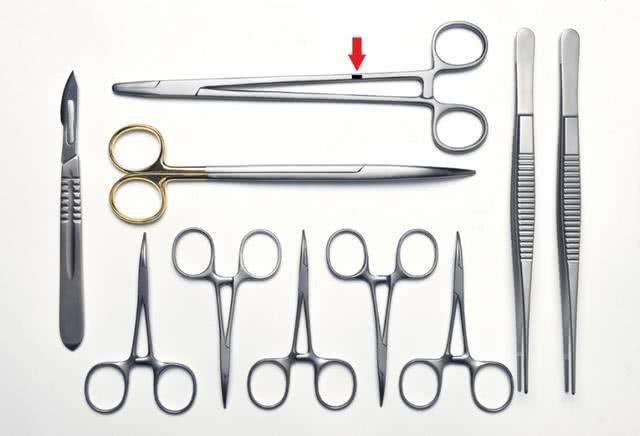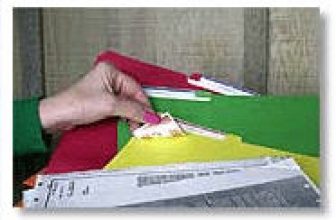
Automated disinfection of RFID medical devices
[ad_1]
For medical workers, surgical instrument management has always been a high-maintenance concern. During storage, requisition, cleaning, disinfection, and surgery, these instruments are often small in size and can be easily lost. Most medical institutions have established professional equipment disinfection service centers or supply departments to perform medical equipment disinfection. All kinds of surgical equipment are equipped with packages, the equipment needed for surgery is prepared, medical equipment is managed and leased, and equipment and implants are acquired or purchased. RFID technology can effectively collect and record item information quickly, forming electronic files, informatization, and automated management.
RFID can very well help hospitals in process management. By installing electronic tags on each device, it provides a real-time, accurate and automated electronic information recording method. RFID does not require the hospital to introduce a new process system. It can seamlessly connect to the hospital’s existing system process and provide relevant document information for each link in the process. The entire system can also be automatically updated when the equipment is repaired or maintained.

Preventing surgical infections is a concern of all medical institutions. The hospital supply department can indeed reduce and avoid infections through automated disinfection management processes, ensuring that all surgical instruments are strictly disinfected and dried, and are properly stored and used. RFID can realize the automated management of the entire disinfection process and optimize the leasing management procedures of equipment.
RFID technology realizes the main functions:
1. In the preoperative disinfection and supply department, the cleaning of surgical instruments requires multiple procedures. The omission of the program may lead to potential safety hazards, and the introduction of the supervision measures of rfid automatic identification technology can effectively solve this problem.
2. The surgical instruments can be packaged and classified, and the packaging and classification of surgical instruments can be detected by the RFID reader to find possible omissions in the packaging process;
3. Operating room equipment management, intraoperative management mainly includes preoperative examination, postoperative examination, and doctor’s confirmation. Each link needs to be accurately identified to avoid the serious consequences of the loss of patients’ surgical instruments;
4. Comprehensive information management, statistical query, report system.
If the hospital rents medical equipment and equipment that it does not intend to purchase temporarily, the hospital supply department must also clean and disinfect the equipment, and identify it through RFID to ensure that the equipment is properly maintained and stored. Therefore, applying RFID technology to these instruments can also improve the utilization and management efficiency of the instruments.
The hospital adopts RFID technology to automate the management and control of surgical instruments in an all-round way, reducing manual inventory of trays and instruments. Instead, the RFID reader automatically collects instruments with RFID electronic tags within the reading range. These data can be used to analyze blind spots and defects in the management process, and promote the quality improvement and optimization of medical device management.
[ad_2]




